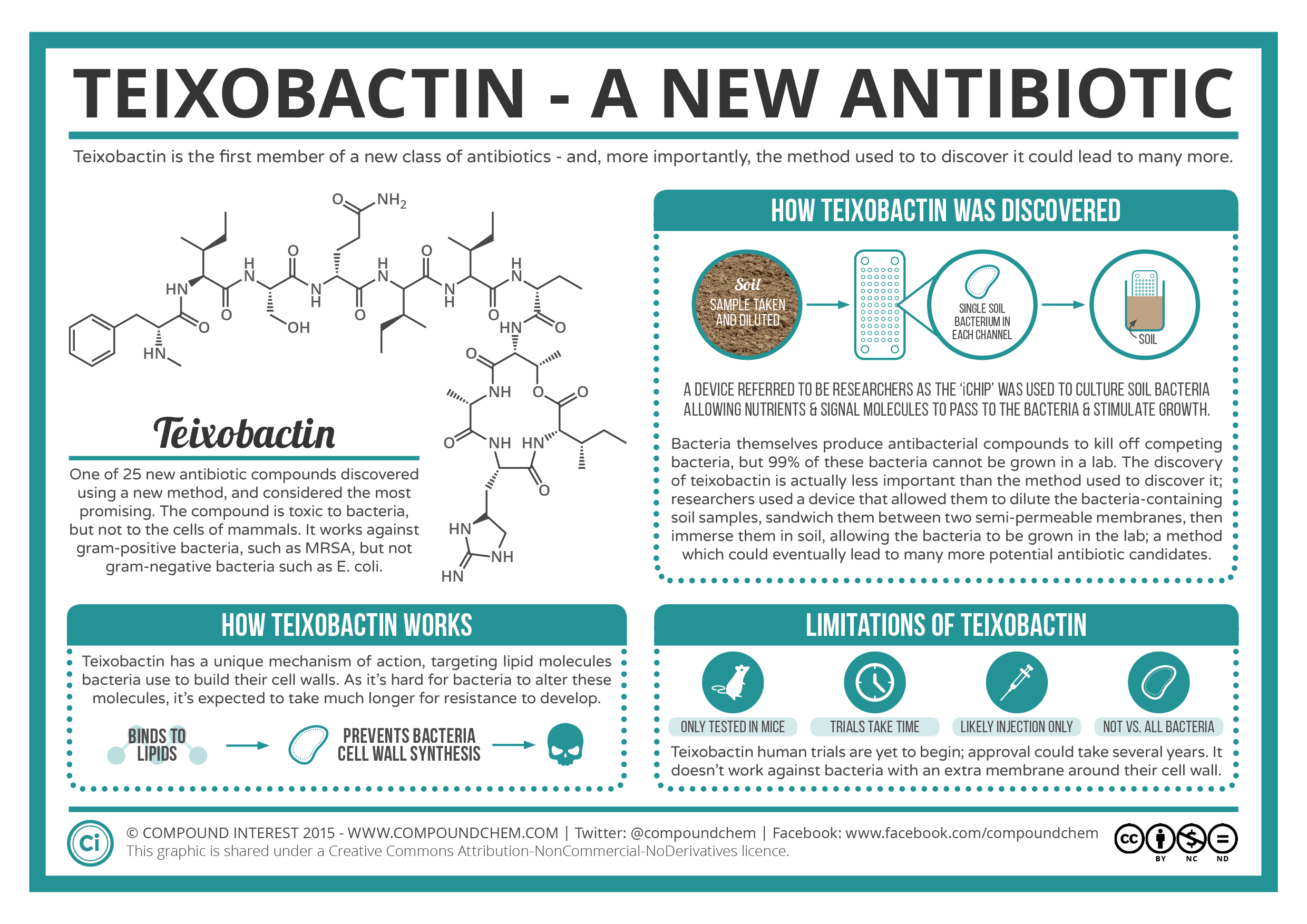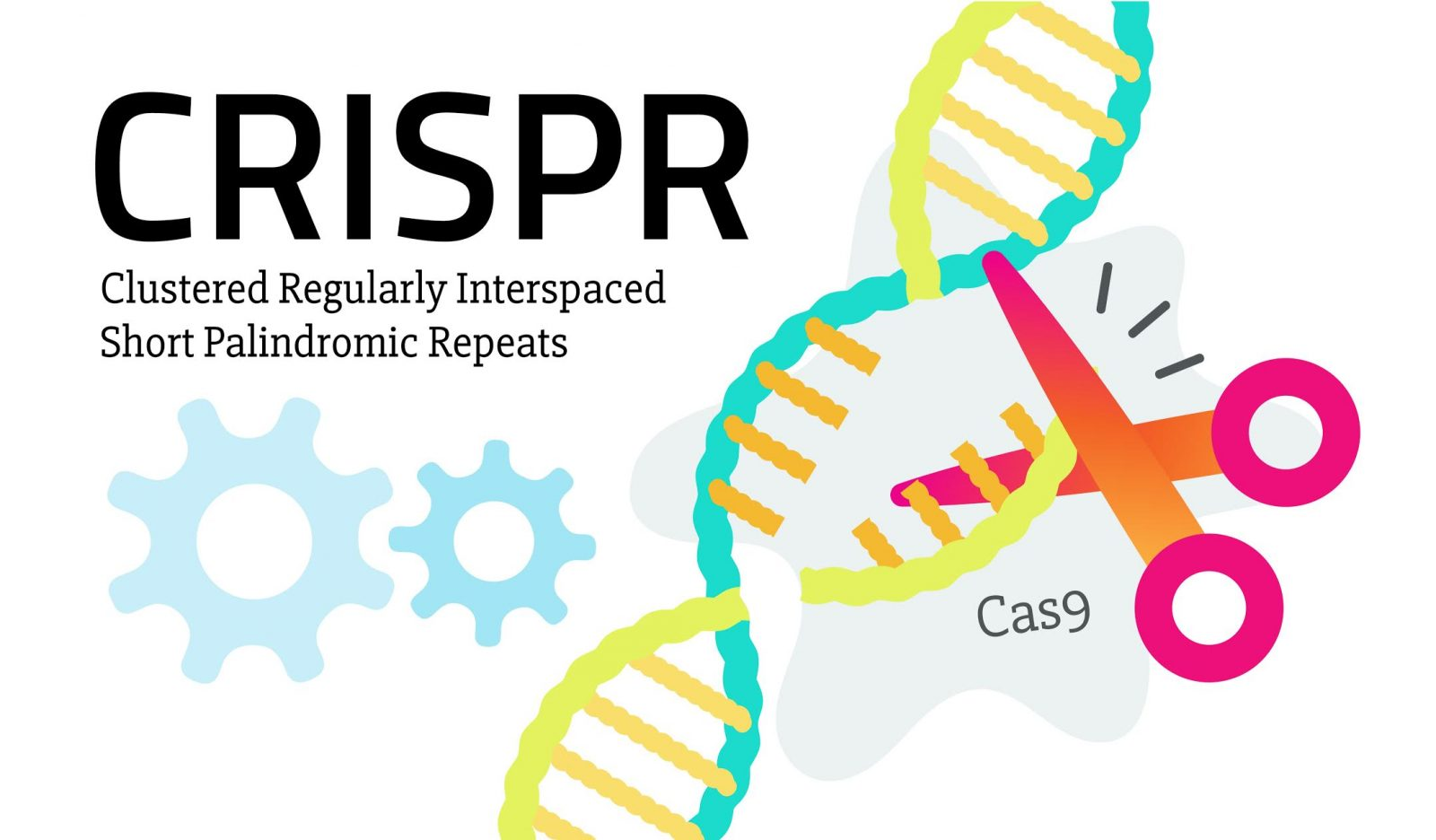In the ongoing battle against antibiotic resistance, new antibiotics are emerging as a beacon of hope, particularly in the face of drug-resistant bacteria that threaten global health. These innovative medications are being developed by pioneering companies like Kinvard Bio, which harness cutting-edge synthetic chemistry to create solutions targeting resistant pathogens. The urgent need for effective antimicrobial innovations has never been clearer, as antibiotic resistance continues to escalate, leading to increased morbidity and mortality rates. As highlighted by recent studies, the development of these new classes of antibiotics is critical in our fight against infections that once had simple cures. The rise of antibiotic resistance signals a pressing health crisis, making the pursuit of new antibiotics essential for preserving human health and combating this growing threat.
As the healthcare community grapples with the escalating crisis of antibiotic resistance, recent advancements in antimicrobial treatments are offering promising avenues for intervention. The emergence of novel antibacterial agents, particularly from the innovative minds at biotechnology firms, signifies a pivotal shift in our approach to tackling pathogenic threats. With a strong focus on overcoming drug-resistant strains, new pharmaceuticals are being engineered through advanced synthetic methodologies. These fresh approaches not only enhance effective bactericidal activity but also offer an arsenal against previously resilient infections. The journey toward revitalizing our antibiotic toolkit is fueled by a commitment to research and development, yielding critical breakthroughs that can reshape our public health landscape.
The Rise of Drug-Resistant Bacteria
Drug-resistant bacteria pose a formidable challenge in modern medicine, affecting the treatment of a myriad of infections and diseases. Initially, antibiotics revolutionized healthcare by drastically reducing mortality rates associated with bacterial infections. However, the bacteria have shown an alarming ability to adapt and evolve, developing resistance to previously effective antibiotics. The continual misuse and overuse of antibiotics in healthcare and agriculture have exacerbated this issue, allowing drug-resistant strains to proliferate. As a result, routine surgeries and minor infections could result in severe outcomes, escalating healthcare costs and complicating treatment protocols.
The World Health Organization has flagged antibiotic resistance as a critical global health threat, leading to millions of deaths annually. The emergence of these drug-resistant pathogens underscores the urgent need for new antibiotics that can effectively combat these evolved microbes. Innovations in synthetic chemistry and antimicrobial research are essential to devise new strategies against these formidable foes, emphasizing the pivotal role of biotechnology companies like Kinvard Bio in finding viable solutions against drug-resistant bacteria.
Frequently Asked Questions
What are new antibiotics and how do they address drug-resistant bacteria?
New antibiotics are innovative compounds developed to combat infections caused by drug-resistant bacteria. These antibiotics, like those being researched at Kinvard Bio, employ unique mechanisms to effectively target bacteria that have developed resistance to existing treatments. By focusing on areas such as the bacterial ribosome with compounds like oxepanoprolinamides, these new antibiotics aim to restore efficacy in treating infections once again.
Why is antibiotic resistance a critical issue in modern medicine?
Antibiotic resistance is a significant global health crisis that has emerged due to the overuse and misuse of antibiotics. This resistance leads to the failure of standard treatments, resulting in prolonged illness, increased healthcare costs, and greater mortality rates. With the World Health Organization reporting over a million deaths attributed to antibiotic-resistant bacteria in 2019, the development of new antibiotics has become increasingly urgent to ensure effective treatment options remain available.
How does Kinvard Bio contribute to antimicrobial innovation in the fight against antibiotic resistance?
Kinvard Bio focuses on developing a new class of antibiotics through innovative synthetic chemistry. Led by research in the Myers Lab at Harvard University, the company aims to synthesize compounds that target the bacterial ribosome in a differentiated manner, potentially bypassing existing resistance mechanisms. Their commitment to antimicrobial innovation is crucial in creating effective treatments for infections caused by drug-resistant bacteria.
What role does synthetic chemistry play in the development of new antibiotics?
Synthetic chemistry is fundamental in the creation of new antibiotics as it enables scientists to design and optimize molecules that can target specific bacterial structures, such as the ribosome. Through this advanced chemical synthesis approach, researchers like those at Kinvard Bio can produce highly effective compounds with improved binding capabilities, addressing the challenges posed by antibiotic resistance.
What types of infections are new antibiotics from Kinvard Bio targeting?
Kinvard Bio is developing new antibiotics aimed at treating various infections, including acute bacterial pneumonia, complicated urinary tract infections, and chronic respiratory conditions. Their research prioritizes addressing high unmet patient needs, particularly for infections that are resistant to current treatment options, thus broadening the spectrum of effectively treatable diseases.
What is the significance of Kinvard Bio’s oxepanoprolinamides in antibiotic development?
Oxepanoprolinamides, the new class of antibiotics being developed by Kinvard Bio, hold significant promise due to their unique structural properties. These compounds are designed for highly effective binding to the bacterial ribosome, a clinically validated antibiotic target. Their differentiated binding may help evade existing resistance mechanisms, making them a vital addition to the arsenal against drug-resistant infections.
| Key Points | Details |
|---|---|
| Introduction of New Antibiotics | Kinvard Bio is focused on developing a new class of antibiotics to combat drug-resistant infections. |
| Resistance Crisis | Antibiotic resistance caused over a million deaths in 2019 alone, threatening previously treatable infections. |
| Slow Development of New Antibiotics | Only 12 antibiotics were approved from 2017 to 2022, with only two from new classes. |
| Research and Development | The Myers Lab at Harvard has a long history of working on antibiotics, aiming to introduce effective solutions. |
| Oxepanoprolinamides | New antibiotics focus on the bacterial ribosome, promising to evade existing resistance. |
| Funding and Support | Kinvard Bio has received significant grants to support its antibiotic development efforts. |
| Clinical Applications | The company aims to address various infections, including pneumonia and chronic respiratory conditions. |
Summary
New antibiotics are critical in addressing the ongoing health crisis of antibiotic resistance, which threatens the efficacy of current treatments. Kinvard Bio represents a promising step forward in antibiotic development, focusing on innovative solutions to combat drug-resistant infections. With extensive research and a commitment to practical applications, the startup aims to offer effective treatments for acute and chronic infections, ultimately contributing to a more sustainable healthcare future.




